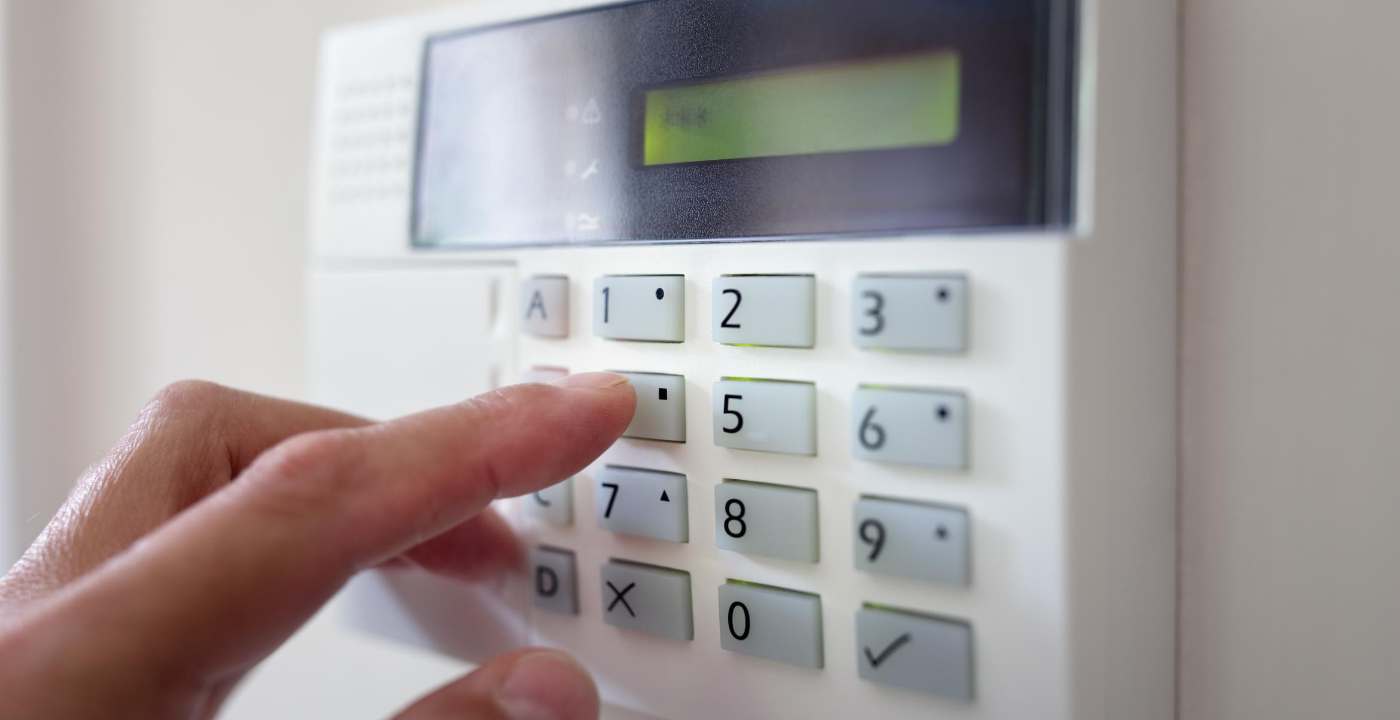All eyes are on the speaker during services, but who watches your worship center the rest of the week?
Churches, synagogues, mosques and temples are sacred spaces for devoted worshipers. Unfortunately, they are also seen as easy targets by criminals. According to FBI data, over 18,000 crimes targeting houses of worship were reported in 2018. Roughly a third of these involved theft, larceny or robbery. Twenty-three percent were break-ins and another third were classified as destruction of property or vandalism. While these statistics may come as a shock to some, the faith communities who have experienced these crimes know all too well the financial and emotional cost victims can endure.
Criminals target worship centers for a variety of reasons, but it commonly comes down to a matter of opportunity. Wishing to welcome newcomers and investing the bulk of their resources into community outreach and other mission-driven priorities, houses of worship may choose to forego investments in security measures. Additionally, worship centers remain mostly empty outside of services. Those that offer programs throughout the week or rent their facilities to outside groups might practice poor key management, which can lead to unlocked entrances and windows of opportunity for crime.
Beyond opportunity, worship centers house high-ticket items criminals commonly love to steal. Expensive sound systems, high-tech audio-visual equipment and priceless artifacts are especially tempting to thieves. Criminals also often go after cash donations that are kept on the property.
Fortunately there are ways to help protect your worship center from crime. From simple changes to your property to the latest in technology, there are solutions for every house of worship.
Best practices to help prevent crime at your worship center
Create a safety network
There’s safety in numbers, so recruit a safety network that can act as a “neighborhood watch” for your house of worship. Start with your own members by forming a safety committee. This committee should be responsible for ensuring that safety rules are followed by all members, as well as routinely dropping by the worship center during off-hours.
Next, form a close relationship with local authorities. Invite them to host events at your worship center so that they can become familiar with the property. Church Law and Tax suggests making an effort to know key figures within emergency departments so that if an incident does occur, you can more readily notify leading investigators.
Finally, consider enlisting the help of community members outside your organization. Speak to businesses and residents on your street about keeping an eye out for each other. Connect with other worship centers with the goal of informing one another of any suspicious activity or incidents – if a criminal has targeted one church or temple, they’re likely to target others in the neighborhood.
Make it clear that your worship center isn’t an easy target
Maintaining your worship center properly can help reduce its likelihood of becoming a target. The same practices that can help keep members and visitors safe can help prevent crime. These include trimming and pruning landscaping that could shield potential thieves from sight, installing motion-sensor or timed lights in the parking lot and walkways and maintaining general upkeep. The theory is that if it looks like someone cares for the property, thieves are less likely to choose it for their next score.
You can also make it clear to criminals that your facility is well protected by posting signs that declare the security measures you’ve taken. This can include declaring that there is no cash on the premises or that security cameras are in use.
Invest in practical security solutions
Funds can vary widely for houses of worship, but there are usually affordable solutions for even the tightest of budgets. Thanks to modern technology, video surveillance, alarm systems and access controls can be secured at nearly every price point. Assess your risks and research your options to find the right system for your worship center.
Implement strategies that help limit criminal opportunities
Communication and training may be the best defenses against crime. Create and communicate policies that help ensure the safety of your building. Below are some policy suggestions that any worship center can use:
- Ask members to use only one primary entrance to the building.
- Lock interior rooms when not in use.
- Never prop open doors or windows.
- Conduct weekly walk-throughs to look for any signs of suspicious activity.
- Use a security service to pick up cash deposits. If this isn’t possible, two or more people should make deposits together.
- Limit the number of people who have key access to your facility and ensure that any exchanges of keys are documented.
- Encourage a “see something, say something” mentality for all members.
- Store valuables in a locked room, cabinet or safe when not in use.
Insurance can often replace the financial loss houses of worship experience after a break-in or theft. However, after a worship center has experienced a crime, it can be hard for its members to regain the sense of safety lost. Help protect your members and your facility by developing a comprehensive security plan that addresses your unique risks and concerns.
Mary Carder, Integrated Marketing Specialist
DISCLAIMER
The information contained in this blog post is intended for educational purposes only and is not intended to replace expert advice in connection with the topics presented. Glatfelter specifically disclaims any liability for any act or omission by any person or entity in connection with the preparation, use or implementation of plans, principles, concepts or information contained in this publication.
Glatfelter does not make any representation or warranty, expressed or implied, with respect to the results obtained by the use, adherence or implementation of the material contained in this publication. The implementation of the plans, principles, concepts or materials contained in this publication is not a guarantee that you will achieve a certain desired result. It is strongly recommended that you consult with a professional advisor, architect or other expert prior to the implementation of plans, principles, concepts or materials contained in this publication.
Related posts
Many ministries spend countless hours planning the trip’s itinerary, fundraising, and preparing teams, but one critical area often overlooked is insurance.
About the top 4 insurance claims houses of worship experience.
Tips on how to make list of church inventory to help you if a claim occurs.









Submit a Comment